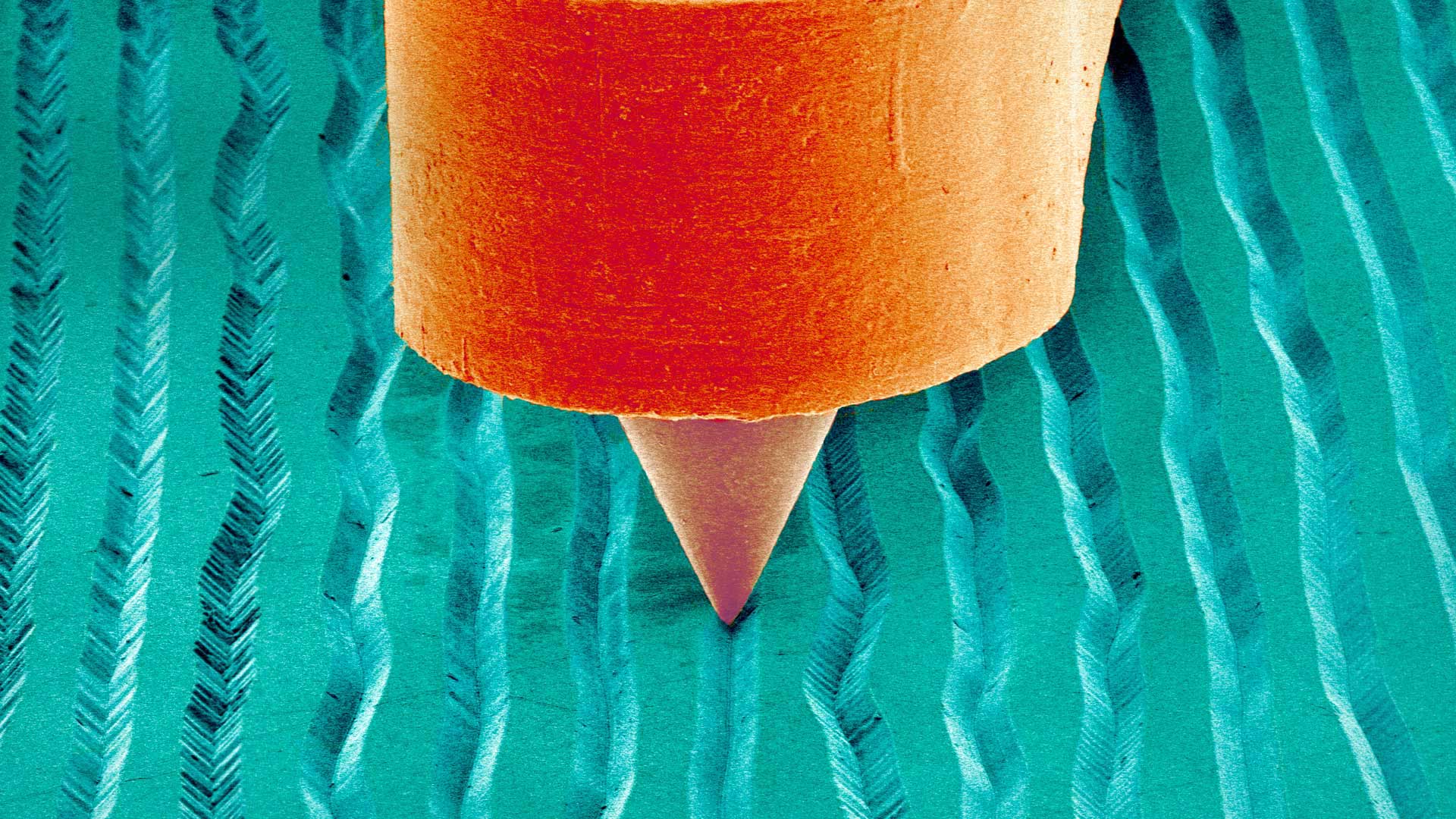Germany has long been known for its commitment to environmental protection and sustainability. One area where it has truly excelled is in waste management, particularly with its state-of-the-art incinerators. These incinerators are revolutionizing the way waste is handled and are setting a new standard for the rest of the world to follow.
Incineration is the process of burning waste materials at extremely high temperatures, converting them into ash, flue gas, and heat. While many people may view incineration as a harmful practice, Germany has shown that its incinerators are actually a much more sustainable and environmentally friendly option compared to landfilling.
Germany’s incinerators are equipped with advanced technologies that allow for the safe and efficient disposal of waste. These incinerators are designed to minimize harmful emissions and pollutants, making them a much cleaner alternative to traditional incineration processes. In fact, the emissions from these incinerators are strictly regulated and monitored to ensure that they meet stringent environmental standards.
One of the key benefits of incineration is that it significantly reduces the volume of waste that goes into landfills. By burning waste materials, Germany’s incinerators can greatly reduce the amount of space needed for landfilling, thereby conserving valuable land resources. Additionally, incineration helps to minimize the release of harmful greenhouse gases from decomposing waste in landfills, further reducing the environmental impact of waste disposal.
Furthermore, incinerators are able to generate energy from the heat produced during the burning process. This energy can be harnessed and used to power nearby facilities, or even be fed back into the grid to provide electricity for surrounding communities. This is a major advantage of incineration, as it helps to offset the energy demand from other sources and contributes to a more sustainable energy mix.
Another key advantage of incineration is its ability to safely dispose of hazardous and toxic waste materials. These incinerators are equipped with the latest in pollution control technology, allowing for the safe destruction of hazardous chemicals and materials. This is especially important for industries that produce toxic waste, as it ensures that these materials are properly handled and do not pose a threat to public health or the environment.
Germany’s incinerators are also helping to drive the country’s efforts towards a circular economy. By burning waste and recovering energy from the process, these incinerators are contributing to the sustainable management of resources. They are enabling the recovery of valuable materials and energy from waste, which can be used to create new products and reduce the need for virgin resources. This approach is in line with Germany’s ambitious sustainability goals and demonstrates its commitment to a more circular and resource-efficient economy.
In addition to these environmental and resource management benefits, Germany’s incinerators are also creating economic opportunities. The development and operation of these incinerators have led to the creation of jobs and the growth of the waste-to-energy industry. This is not only beneficial for the local economy, but also for the broader energy sector, as it helps to diversify the energy mix and reduce reliance on fossil fuels.
Overall, Germany’s incinerators are revolutionizing waste management by offering a cleaner, more efficient, and more sustainable alternative to traditional landfilling. With their advanced technologies and strict environmental controls, they are setting a new standard for waste disposal and energy generation.
FAQs:
Q: Are incinerators harmful to the environment?
A: When operated responsibly and equipped with advanced pollution control technologies, incinerators can be a much cleaner alternative to traditional waste disposal methods. Germany’s incinerators are strictly regulated and monitored to ensure that they meet stringent environmental standards and minimize harmful emissions.
Q: Do incinerators generate any energy?
A: Yes, incinerators can generate energy from the heat produced during the burning process. This energy can be used to power nearby facilities or be fed back into the grid to provide electricity for surrounding communities, helping to offset the energy demand from other sources.
Q: Can incinerators safely dispose of hazardous waste?
A: Yes, incinerators are equipped with the latest pollution control technology, allowing for the safe destruction of hazardous and toxic waste materials. This is especially important for industries that produce toxic waste, as it ensures that these materials are properly handled and do not pose a threat to public health or the environment.
Q: How do incinerators contribute to a circular economy?
A: Incinerators contribute to a circular economy by burning waste and recovering energy from the process. This enables the recovery of valuable materials and energy from waste, which can be used to create new products and reduce the need for virgin resources, thereby promoting a more sustainable and resource-efficient economy.
How Germany’s Incinerators are Revolutionizing Waste Management




